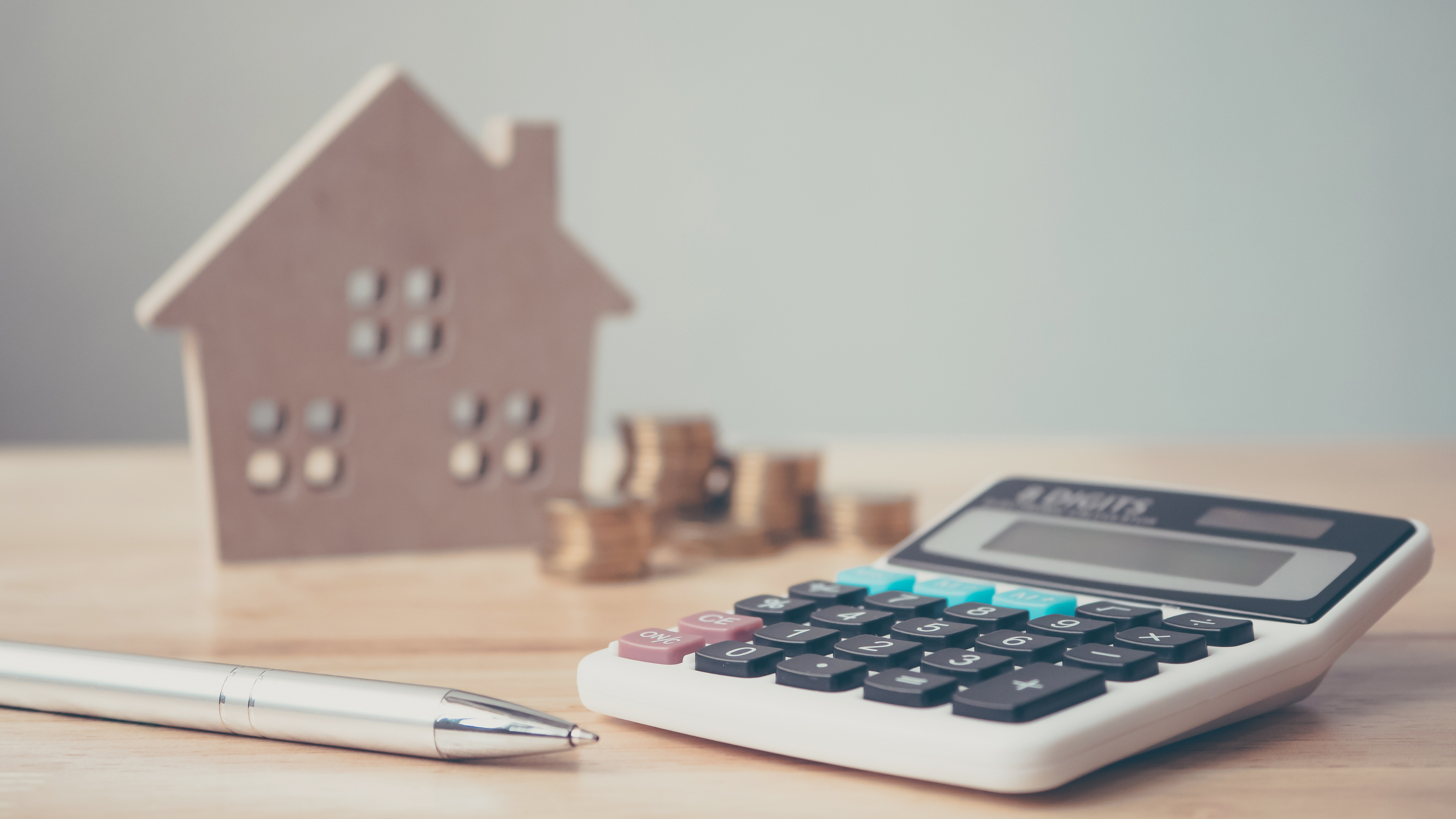Foreclosure FAQs
- Paying what you owe on your mortgage, including any missed payments
- Contacting your lender and asking if they have any deferment or forbearance plans you may qualify for
- Get a new loan via a renovation loan, FHA loan, or home equity line
- Get on a mortgage forgiveness plan
Learn more about these and other options on our Your Foreclosure Options in NJ page.
Research shows that a foreclosure is the single most damaging event to your credit and that it takes an average of seven years for a borrower’s score to recover from a foreclosure. The impact depends on how much money you still owe on your mortgage at the time of foreclosure. However, some of the impact can be recovered if you:
- Take care of your late payments during the pre-foreclosure stage
- Get on a deferred payment plan or forbearance plan during the pre-foreclosure stage
- Get certain negative events removed after successfully completing the foreclosure process
Foreclosure is a multi-step process that usually takes six months or more to complete. Because foreclosure is not a single event but rather an ongoing process, the effect on your credit rating is far-reaching. Make sure you take action at the start of the process so the effect on your credit is minimized.
- Loss mitigation rights
- Right to a breach letter
- Notice of foreclosure
- Right to reinstate
- Right of redemption
- Right to mediation
- Right to challenge foreclosure
- Right to a surplus
- FDCPA Validation Letter
To learn more about your rights in a foreclosure, please visit our page Legal Rights in a Foreclosure in NJ. If you feel you have been a victim of unfair foreclosure practices, contact us.
- 3 years for FHA loans
- 7 years for Fannie Mae/Freddie Mac loans
- 2 years for Veterans Affairs loans
- 2 years for conventional loans
After that waiting period, you can apply for a new mortgage loan, though it’s important to remember that your credit rating is unlikely to be as strong as it was before the foreclosure. You’ll likely have a blemish on your credit report and have had to rebuild your credit after the foreclosure, which takes time and patience. It may also be difficult to get approved for a mortgage loan if you’re unemployed.
COVID-19 Foreclosure FAQs
Yes, the moratorium protections expired on November 15th, 2021 as did the national moratorium on September 30th, 2021, so if your home is in the process of foreclosure or has been sold, you should begin seeking assistance immediately.
As of right now, the COVID-19 eviction moratorium is set to end on January 1, 2022. However, on July 24, 2021, the New Jersey State Legislature passed a bill that would end the COVID-19 eviction moratorium for homeowners on November 15, 2021, and the bill is expected to be signed into law any day now. The sooner you reach out to avoid foreclosure and eviction, the safer your investment in your home will be.
Take Steps to Avoid Foreclosure in the Pre-Foreclosure Stage
Taking action in the pre-foreclosure stage is the key to preventing foreclosure from proceeding in New Jersey. The longer you wait, the harder it will be to stop the foreclosure process. Learn more about pre-foreclosure in NJ and what steps you can take during a 15-day grace period, default, or even a 30-day notice to stop foreclosure proceedings and save your home.

Loan Options and Other Ways of Avoiding Foreclosure in New Jersey
When facing foreclosure in New Jersey, there are many different avenues that can help you rescue your home. Learn more about short sales, renovation loans, mortgage forgiveness, home equity lines, and other loan options you may have to stop foreclosure.
Need help avoiding foreclosure in NJ?
Contact us today for assistance avoiding foreclosure, selecting foreclosure options, contacting lenders, and more.
